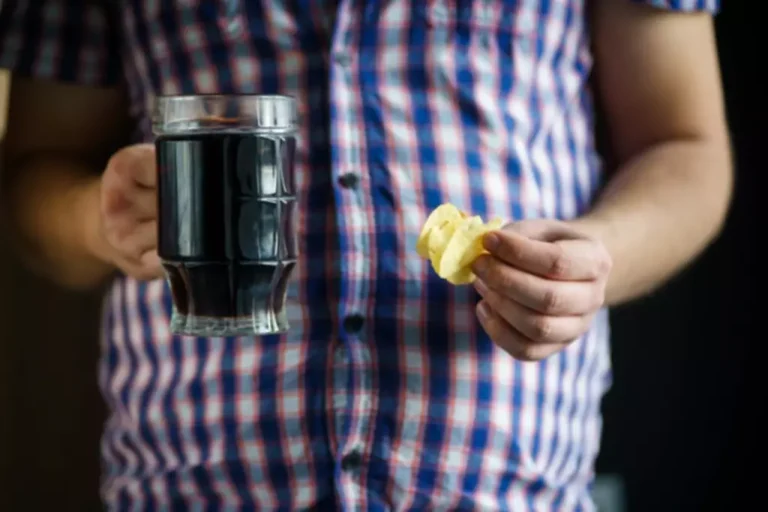Leaving an Alcoholic Husband or Wife: When is it Time to Go?
Recovery is a long and difficult process that requires a lot of hard work and dedication. They will need all the love, encouragement, and support they can get. And remember, even if they do not choose to seek help at this time, there is always hope for the future. It’s important to approach the situation with empathy and understanding. Your loved one may be in denial about their alcoholism, or they may not be ready to seek help. It’s crucial to focus on your own self-care and well-being during this time.
Tips for spouses of alcoholics

Studies show that alcohol use can trigger intimate partner abuse and compound, aggressive tendencies. Alcoholism is one of the top three reasons for divorce, and it leaves a trail of problems in its wake. Among these problems, domestic violence frequently emerges in relationships strained by alcoholism, adding a layer of complexity and danger to the decision of whether to stay or leave.
Where To Find Support

Asking for assistance in moving forward in a healthier relationship is critical for those in relationships with addicts. This could be in a one-on-one conversation or an intervention with others who are concerned about the person. Without confrontation, it’s unfair to expect a person to change. If you never tell them how their actions affect you, they will likely never know.
How to Stop Alcohol Withdrawals
- If you look out a longer time, people who drink are six times more likely to have a cardiovascular event within a week compared to people who don’t drink.
- When someone with AUD lives in your household, the rest of your family members can be at risk for negative effects.
- After just seven days without alcohol, your immune system starts bouncing back.
You also once thought you’d spend the rest of your life with this person. While millions of people recover from alcoholism and addiction, some don’t. Here are some signs that leaving an alcoholic might be the best decision.
- Alcohol abuse frequently plays a role in intimate partner violence.
- They likely don’t even realize they’re behaving this way, and they may not remember once the effects of the alcohol wear off.
- Ultimately, the decision to leave an alcoholic is one that requires careful consideration and self-reflection.
- It’s important to communicate openly and honestly with your partner about your intentions and goals, and to seek out support from loved ones or professionals as needed.
- Asking for help can be challenging, but it’s a smart move and one that helps you to break free from a dysfunctional relationship with an addict.
- Children may no longer be able to rely on the adult with AUD, which can place undue pressures on them.
- More than likely, your loved one knows the dangers of AUD, but their addiction is so powerful that they have a hard time controlling it.
- “Anxiety is the most common thing people notice upon stopping,” says Dr. Sharone Abramowitz, MD, a psychiatrist and president of the California Society of Addiction Medicine.
- I’ve spent the last seven years researching and understanding alcoholism, addiction, and how people get sober.
It’s common to have a difficult time when making big changes, but good self-care practices can help you manage overwhelming feelings and take care of your mind and body. You may not need to completely reinvent leaving an alcoholic your life to quit drinking, but making a few changes in your surroundings to help avoid alcohol triggers can make a big difference. Learn more about the health effects of drinking alcohol here.

My drinking put a terrible strain on our marriage and it was hurting us both. I can’t answer that question for you definitively, but I can give you some signs to look out for. Setting boundaries is an important part of any relationship, but it’s especially crucial when you’re in a relationship with an alcoholic. Boundaries can help protect your own well-being and communicate your needs and expectations to your partner. If you suspect that your boyfriend may have a problem with alcohol, it can be difficult to know what to do.
Remember you are facing a difficult challenge during alcohol withdrawal, but you are not alone. There are many resources available to help, including peer support groups, counseling, therapy, and inpatient rehabilitation. Many of us are hesitant to ask for https://ecosoberhouse.com/ help, particularly if we have had the role of spouse or partner to an alcoholic or addict. For many who have spent years giving to others, especially when taking care of the active alcoholic or addict in your life, asking for help becomes a foreign idea.
- You may have many fears holding you back from leaving an alcoholic spouse.
- Even if your loved one doesn’t become violent from AUD, they can still present security dangers to the household.
- Remember, you are not alone in this journey, and there is always hope for a brighter tomorrow.
- If you detox at home, talk to a healthcare provider about medications that may help and use self-care strategies to make it easier to cope with uncomfortable withdrawal symptoms.
- Consuming more than that can lead to liver damage and heart disease, and increase your risk for some cancers.

APEDA, as part of the ‘Make in India’ initiative, has been targeting an increase of exports of Indian spirits to major foreign destinations. India currently ranks 40th in the world for alcoholic beverage exports. None of these can or should be treated with rubbing alcohol or other at-home remedies. Make sure to use isopropyl alcohol with a concentration of 70% or less, as higher concentrations can be too harsh on the skin. If you are concerned about the rubbing alcohol irritating your skin, you can dilute it with water.


Leave a Reply
Want to join the discussion?Feel free to contribute!